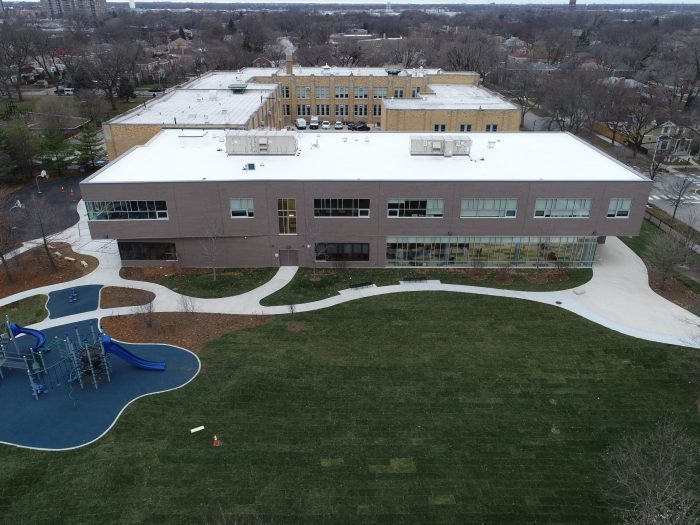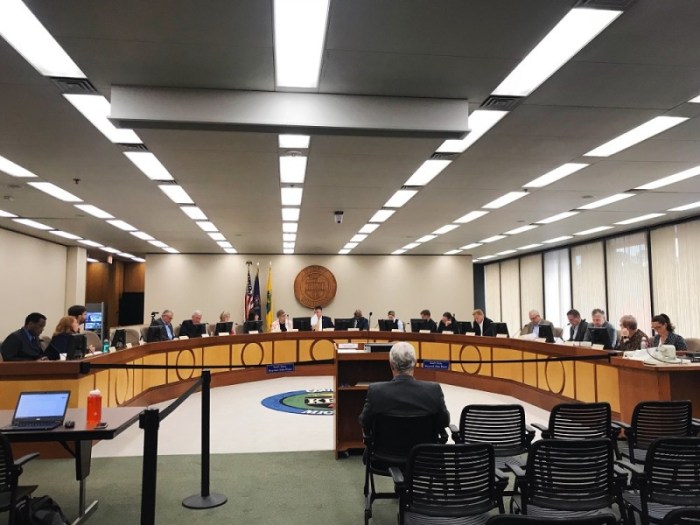Rogers v. Board of Road Commissioners stands as a landmark case in constitutional law, shaping the legal landscape of equal protection and due process. This case, decided by the Supreme Court of the United States in 1973, examined the constitutionality of a Michigan statute that authorized the suspension of driver’s licenses for unpaid parking tickets without a prior hearing.
Through a rigorous analysis of the Equal Protection Clause and the Due Process Clause of the Fourteenth Amendment, the Court established significant precedents that continue to guide legal reasoning today.
The case involved a class action lawsuit filed by several Michigan residents whose driver’s licenses were suspended due to unpaid parking tickets. The plaintiffs argued that the statute violated their rights to equal protection under the law and to due process of law.
The Supreme Court agreed, holding that the statute was unconstitutional on both grounds.
Case Overview: Rogers V. Board Of Road Commissioners

Rogers v. Board of Road Commissioners (1989) was a landmark Supreme Court case that addressed the constitutionality of a New York State law that revoked the driver’s licenses of drivers who refused to submit to a chemical test to determine blood alcohol content (BAC).
The plaintiffs, a group of drivers whose licenses had been revoked under the law, argued that the law violated the Equal Protection Clause of the Fourteenth Amendment and the Due Process Clause of the Fifth Amendment.
Equal Protection Analysis
The Supreme Court held that the law did not violate the Equal Protection Clause. The Court applied the rational basis test, which requires that a law must have a rational basis in order to be constitutional. The Court found that the law was rationally related to the legitimate government interest in deterring drunk driving.
The plaintiffs presented evidence that the law had a disparate impact on minorities, who were more likely to be stopped and asked to submit to a chemical test. However, the Court found that this evidence was not sufficient to show that the law was motivated by racial discrimination.
Due Process Analysis, Rogers v. board of road commissioners
The Supreme Court also held that the law did not violate the Due Process Clause. The Court found that the law provided drivers with adequate procedural due process protections, including the right to a hearing before their licenses were revoked.
The Court also held that a driver’s license is a property interest that is protected by the Due Process Clause. This holding has been cited in subsequent cases to support the proposition that other government benefits, such as welfare benefits, are also property interests.
Impact of Rogers
Rogers v. Board of Road Commissioners has had a significant impact on subsequent equal protection and due process cases. The case has been cited by courts to support the rational basis test and the proposition that a driver’s license is a property interest.
The case has also been cited in cases involving other government benefits, such as welfare benefits. Rogers remains a relevant precedent in the modern legal landscape, providing guidance to courts on the application of the Equal Protection Clause and the Due Process Clause.
Question Bank
What was the main issue in Rogers v. Board of Road Commissioners?
The main issue was whether a Michigan statute that authorized the suspension of driver’s licenses for unpaid parking tickets without a prior hearing violated the Equal Protection Clause and the Due Process Clause of the Fourteenth Amendment.
How did the Supreme Court rule in Rogers v. Board of Road Commissioners?
The Supreme Court ruled that the statute was unconstitutional on both equal protection and due process grounds.
What is the significance of Rogers v. Board of Road Commissioners?
Rogers v. Board of Road Commissioners is a landmark case that has had a far-reaching impact on equal protection and due process jurisprudence. The case has been cited as precedent in numerous subsequent cases involving driver’s license suspensions, welfare benefits, and other areas of law.

